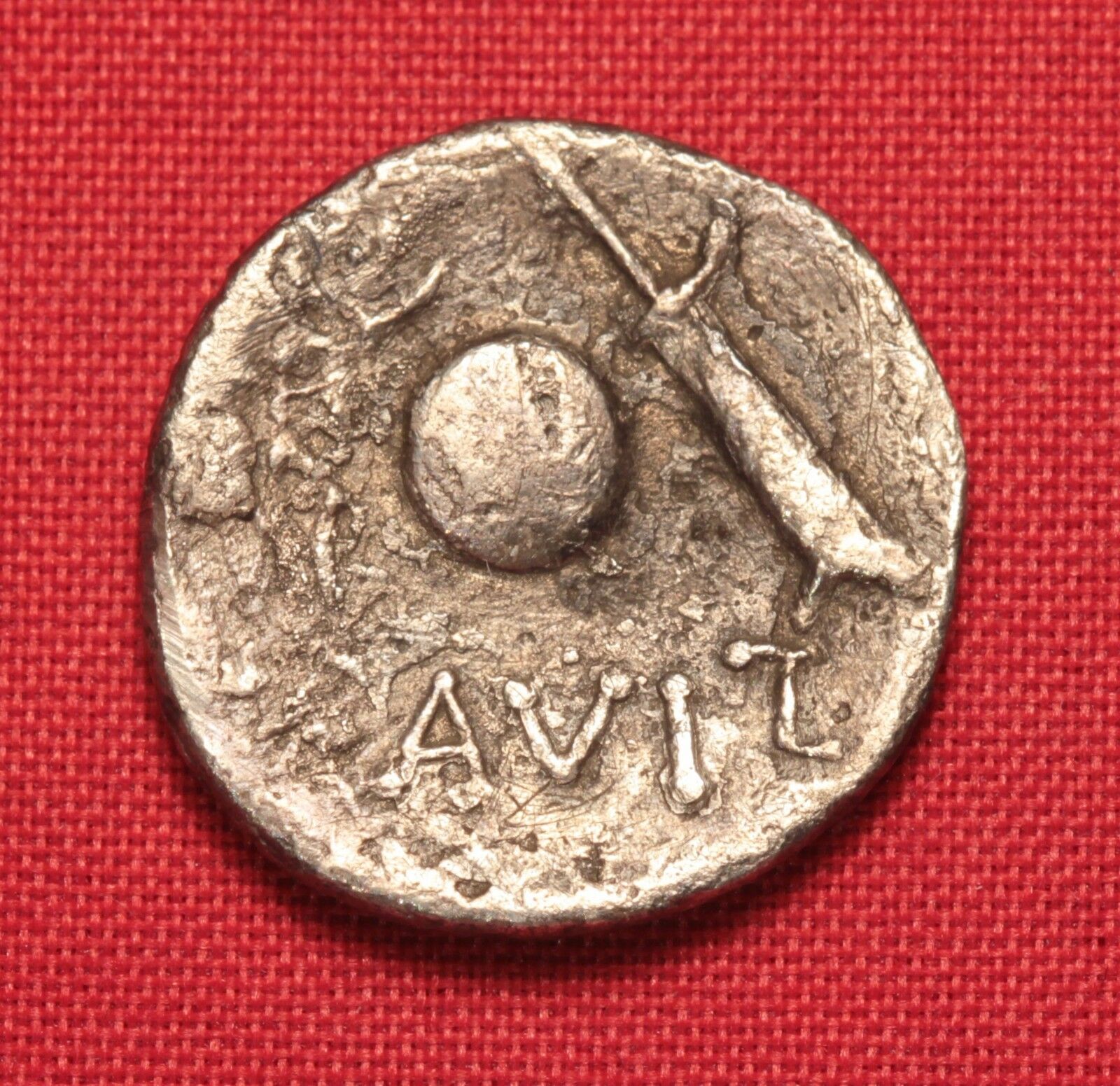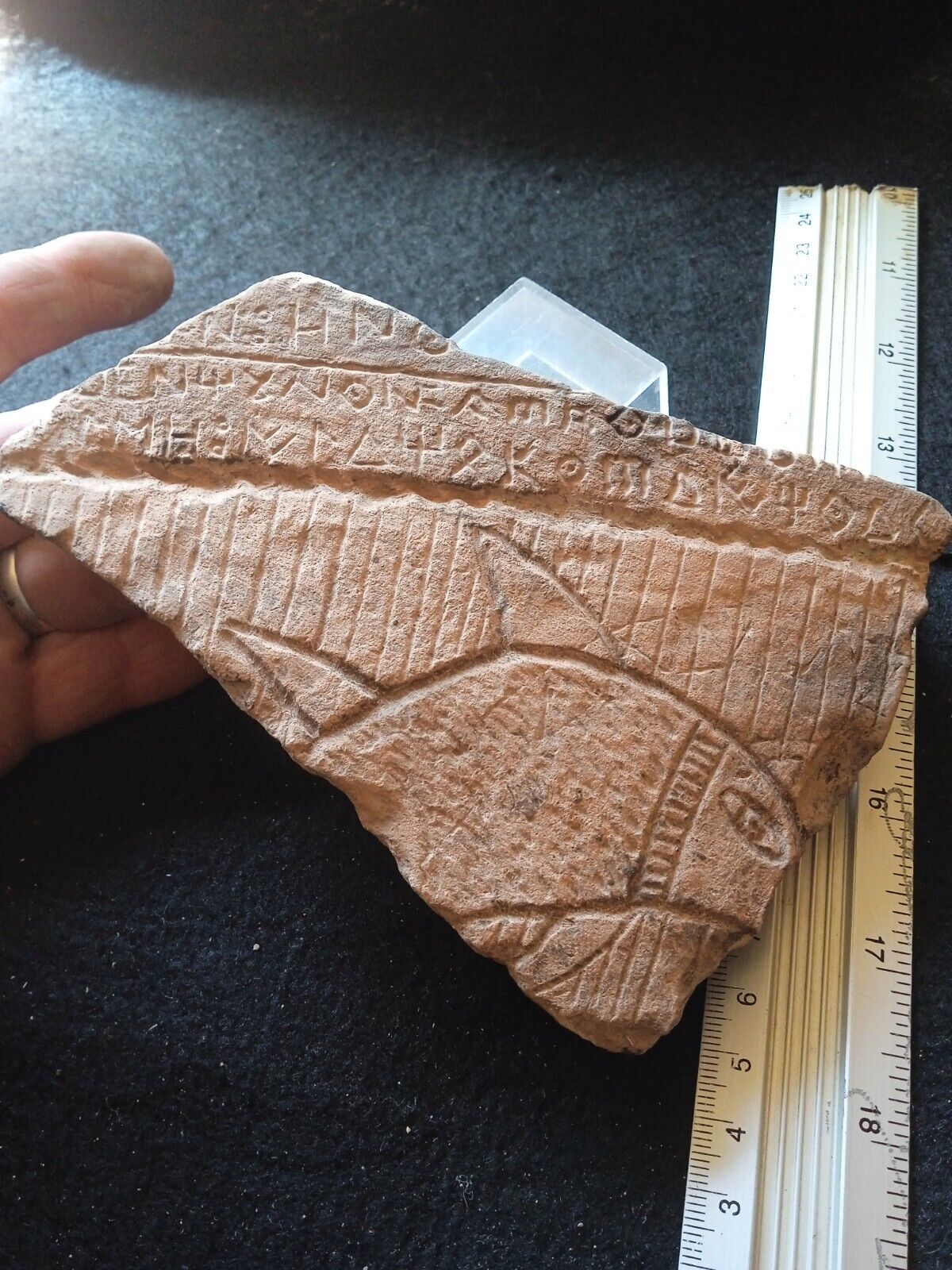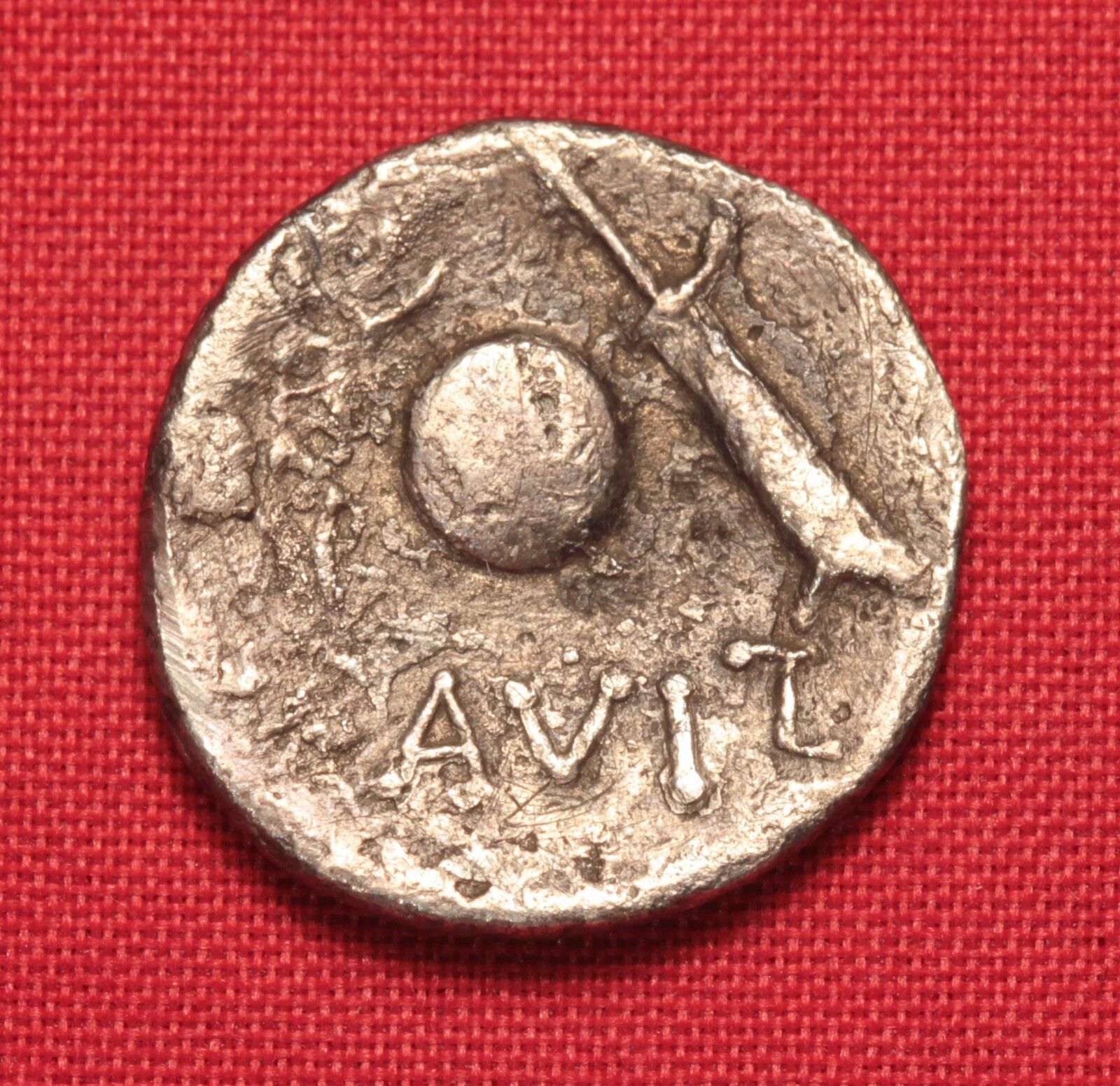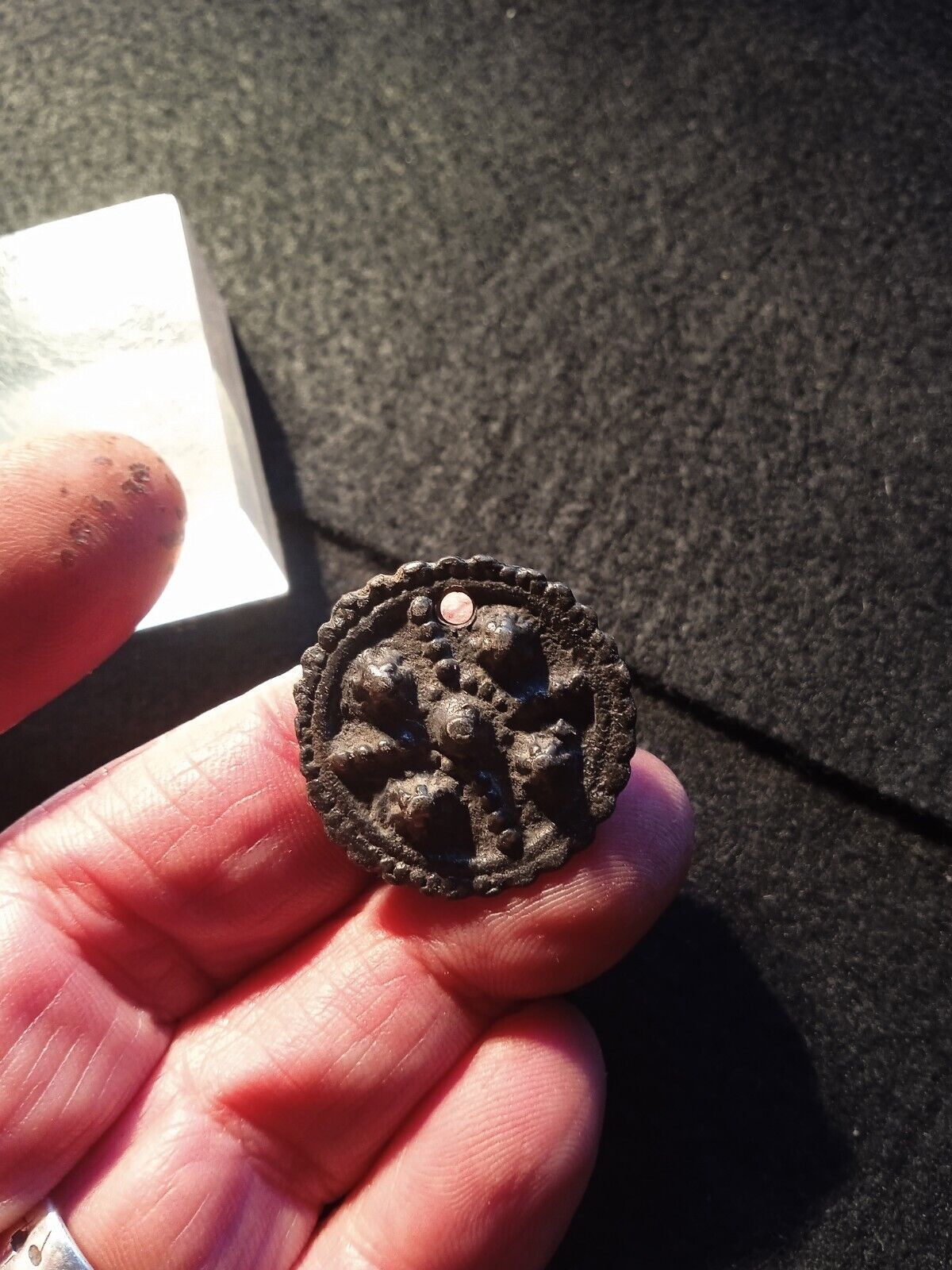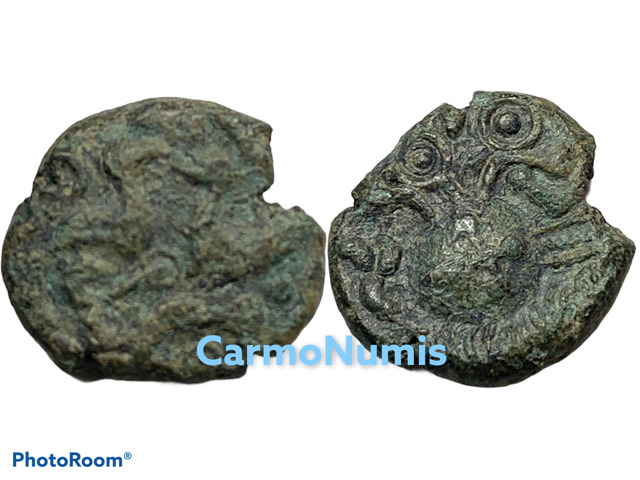-40%
Ancient England Saxon Roman Viking Norman Celt King Arthur Holy Grail Camelot
$ 14.25
- Description
- Size Guide
Description
In Search of England: Journeys into The English Past by Michael Wood.NOTE
: We have 75,000 books in our library, almost 10,000 different titles. Odds are we have other copies of this same title in varying conditions, some less expensive, some better condition. We might also have different editions as well (some paperback, some hardcover, oftentimes international editions). If you don’t see what you want, please contact us and ask. We’re happy to send you a summary of the differing conditions and prices we may have for the same title.
DESCRIPTION:
Softcover: 336 pages. Publisher: University of California Press; (2001). Size: 9½ x 6¼ x 1 inch; 1¼ pounds.
England is the birthplace of many immortal legends told around the world: King Arthur and Camelot, the Holy Grail, Robin Hood, the mysterious Isle of Avalon. But are these famous stories based on historical events and actual people? And what do they tell us about the character and origins of the Anglo-Saxon world, a culture that helped shape American identity? In his absorbing new book, Michael Wood examines the roots of English history. Peeling back the layers of literary and oral material that have accumulated over the ages, he offers a fascinating series of rich stories; part history, part myth; that, directly or indirectly, touch on questions of English history and identity. He looks back at the legends surrounding Alfred the Great, King Athelstan, the lost library of Glastonbury, and more.
Wood's emphasis is the Early Middle Ages, and the first two sections of the book offer deep excursions into particular moments in the history of that era. In addition to recounting some well-known legends, Wood considers the manuscripts and other primary sources of historical information on which they are based, assessing the validity of existing documentation, fleshing out historical contexts, and considering the treatment throughout history of these stories by famous writers, poets, and moviemakers. In the third part of "In Search of England", Wood writes about places that illuminate interesting aspects of early England: Tinsley Wood, near Sheffield, which has been claimed as the site of Athelstan's great victory against the Celts in 937; a farmhouse in Devon which has been occupied since Domesday and possibly long before; and the village of Peatling Magna in Leicestershire, scene of an extraordinary confrontation with King Henry III in 1265. These are the places and events that offer a complementary version of the history that is discussed earlier in the book.
"In Search of England" is published at a significant moment. With the European Union, and with assertions of independence within the United Kingdom, questions about English national identity have become increasingly topical both there and abroad. Wood offers a potent and revealing account of the origins of a culture that has had a significant impact worldwide. His narrative is a rich unfolding of history and legend reaching to the present day, and a delightfully readable meditation on the roots of the Anglo-Saxon world.
CONDITION: NEW. New oversized softcover. University of California (2001) 336 pages. Unblemished except that there is a black remainder mark (a "dot" made with a black marker) on the bottom surface of the closed page edges indicating that the book is unsold surplus inventory). The "dot" is not visible of course on individual opened pages, only to the mass of closed page edges. Inside the book the pages are pristine; clean, crisp, unmarked, unmutilated, tightly bound, unambiguously unread. Condition is entirely consistent with new (albeit "remaindered", or "surplus") stock from a bookstore. Satisfaction unconditionally guaranteed. In stock, ready to ship. No disappointments, no excuses. PROMPT SHIPPING! HEAVILY PADDED, DAMAGE-FREE PACKAGING!
PLEASE SEE IMAGES BELOW FOR SAMPLE PAGES FROM INSIDE OF BOOK.
PLEASE SEE PUBLISHER, PROFESSIONAL, AND READER REVIEWS BELOW.
PUBLISHER REVIEW
:
REVIEW: Examines the roots of English history, peeling back the layers of literary and oral material that have accumulated over the ages, offering a fascinating series of rich stories that directly or indirectly touch on questions of English history and identity. Michael Wood is a writer and historian living in England. He has worked as a journalist, broadcaster, and filmmaker, with over sixty films to his name. His book "In the Footsteps of Alexander the Great", based on his PBS television series, was a bestseller in England and in the United States. He is also the author of "In Search of the Trojan War", which also accompanied a PBS series, as well as other books pertaining to history, notably ancient history.
PROFESSIONAL REVIEWS
:
REVIEW: From the popular television historian whose previous books include "In Search of the Trojan War" and "In the Footsteps of Alexander the Great", comes this study of a pressing question. Now that Britain seems to be an increasingly meaningless concept, what does it mean to be English? Michael Wood traces an answer through many of the most cherished national myths, such as Robin Hood, King Arthur, Alfred the Great, and the mysteries of Glastonbury. As you would expect from Wood, he ranges about over the whole of England, rather than sticking to the obvious places.
He visits Tinsley Wood near Sheffield, claimed as the site of Athelstan's great victory over the Celts in A.D. 937. He finds a farmhouse in Devon that has been continuously occupied for 1000 years and a village in Leicestershire where the local peasantry confronted the king's soldiers in 1265 to tell them that they were violating the rights of "the common people of England." The book also boasts a wonderful, judicious collection of reproductions of old posters and paintings showing how English forebears, particularly the Victorians, imaginatively recreated the country's past in their own image. Timely, readable, and fascinating, this is popular history at its very best.
REVIEW: A collection of illuminating essays with scholarly zeal, journalistic skepticism and narrative flair. Most interesting are the essays in which Wood journeys off the trampled paths, as he does in his essay on Bede, the priest and scholar who wrote the first and one of the greatest English histories in 731 A.D. A history written, as the best are, "with the heart and the spirit as well as the intellect", as is Wood's adroit journey through the thickets of early medieval history.
REVIEW: Better than any historian for decades, Wood brings home not just the ways in which buildings, landscapes and written texts may be read, but the sensual beauty of encounters with them. As a cameo of modern Englishness, it is brilliant; and if Michael Wood claims the cover picture, he lets this man have the last word. A thoughtful meditation on the roots of the Anglo-Saxon World.
REVIEW: With scholarly zeal, journalistic skepticism and narrative flair, Wood, a veritable archaeologist of myth, examines key iconic figures, places and texts that have come to represent the idea and ideals of the English. Brings home the ways in which buildings, landscapes and written texts may be read and the sensual beauty of them.
READER REVIEWS
:
REVIEW: I always pick up Wood's newest work in English history with high anticipation and I've never been disappointed yet. This volume is a collection of semi-independent chapters collected under three themes. "Myth and History" includes essays that discuss the historical notion of the "Norman yoke," an exceptional piece on the meaning of "Englishness," and three good summary updates on the status of research into King Arthur, Robin Hood, and Glastonbury as Avalon. "Manuscripts and Mysteries" is a fascinating series of paleographical and bibliological essays on John Leland's visit to the library of Glastonbury Abbey on the eve of Henry VIII's dissolution of the monasteries, a re-examination of the authenticity of Asser's life of King Alfred, a reconstitution of the lost "Life of Athelstan," and an investigation of the peregrinations of a little psalter now in the British Library.
"Landscapes and People" covers the artifactual side of English history, with the stories of the last bowl-turner in England (using pre-Conquest technology well into the 20th century), Tinsley Wood in South Yorkshire as the possibly location of the key Battle of Brunanburh, Bury Barton in north Devon as a probable surviving Roman/Anglo-Saxon farmstead, the resistance by the villagers of Peatling Magna in 1265 against the king following the Battle of Evesham (the peasants took the king's Marshal to court!), the story of Bede's tenure at Jarrow and what has happened to the site since, and a thoroughly fascinating genealogical story involving the exact origins of the ex-slaves of Barbuda. To anyone with the slightest interest in English medieval history and society, this book will be a rich and very satisfying experience.
REVIEW: Michael Wood is a rare historian; one who loves books, land, and people. Erudite, enthusiastic, plangent and moving, "In Search of England" is a life-changing history for anyone who reads it. Wood obviously loves Roman Britain, Anglo-Saxon and Medieval as well, although the book also draws connections reaching into early modern, nineteenth and twentieth centuries. So the whole continuum is there. The book falls into three sections.
First; "Myth and History". Wood excavates the popularity of icons such as King Arthur, sifting the evidence to pin them down in real time. The sociology is interesting, particularly in the case of Robin Hood ("Merrie Englande"). Second; "Manuscripts and Mysteries". Wearing his learning lightly, Wood shows the fascination of books, tracing one little book on its journey all the way back to Northern Italy. Wood revels in the tales of John Leland, antiquarian to Henry VIII; of Bishop Asser, who wrote the biography of Alfred the Great; and of a possible biography of King Athelstan, Alfred's grandson.
Third; "Landscapes and People". I first regarded this section with some dread. How was it going to hold my interest, with such local emphasis? But each chapter, with each place subtly differentiated, sheds a fascinating light on England. And in each, Wood does take a journey, justifying the subtitle of his book; "Journeys into the English Past". He explores a craftsman ("The Last Bowl-Turner of England"); and a wood where Athelstan defeated the Vikings in 937 A.D. ("Tinsley Wood"). "A Devon House" is all about continuity of occupancy. "Peatling Magna" shows a village community becoming politicized in 1265. "Jarrow and English History" deals with the beginnings of English historical writings under the Venerable Bede.
Best is last. The Epilogue: "An English Family", shows both multiculturalism and patriotism off to their best effect, bringing things bang up to date with an incredible twist on your expectations as a reader. Yes, it helps if you know English history. If you don't, read this book with a date chart or search some of the people and places mentioned above on the Web first. And when you read this book, prepare to feel uplifted and humbled, and privileged to be on this planet, Earth. Wood will immediately take his place on your list of ideal drinking companions.
REVIEW: Although academics may dismiss Wood's populist histories both in print and on TV, he has a rare knack of connecting history with the daily life of us common folk and that alone makes him worth reading. This 1999 work follows up on his other "In Search of" (Dark Ages, Trojan War, Alexander the Great, First Civilizations, Domesday) books. Essentially the series excavates legends and myths, some famous, some obscure, and relates a story about finding or visiting the site of the original.
In this one, Wood investigates the last wooden bowl turner in England, tracks a millenium old continuously used farmstead, the long argued site of Athelstan's 937 victory, Bede's church at Jarrow. Fifteen in all, and all supplemented with judiciously chosen artwork. A wonderful winter's night read in the classic sense of a soft chair, warm fire, nice drink, and favorite pet. With the place all to yourself, this one can take you there.
REVIEW: Michael Wood has such a tremendous enthusiasm for history and books, it is impossible not to swept along by his joy. If you had not seen his television series, you might picture him as a hunched over academic scrounging through his books. No, he is a very energetic outdoorsy type with a real charm and flair for history. I read this book after reading his work on the Trojan War and Alexander the Great. Both are fine books, particularly his amazing quest in the footsteps of Alexander. This work is a far better book, more detailed and more personal. He ranges over thousands of years of English history and enjoys bouncing ideas through time and space.
Wood is at his best when his describes the joy of old books and the historical treasure they contain. The pain of libraries being destroyed are very real in Wood's work. The book is collection of largely unrelated essays are based on the title of H.V Morton's travel books. I enjoyed immensely his item on Morton and the story behind his stories. The essay on an old English wood is one of the best pieces of historical detective work I have read; all the better in that he does not answer the question he sets out with. The essays do not jell as a group into a systematic view of English history. They are the work of a highly gifted story teller who enjoys the practice and art of history.
I always ship books Media Mail in a padded mailer. This book is shipped
FOR FREE
via USPS
INSURED
media mail (“book rate”). All domestic shipments and most international shipments will
include
free USPS Delivery Confirmation (you might be able to update the status of your shipment on-line at the
USPS Web Site
and free insurance coverage). A small percentage of international shipments may require an additional fee for tracking and/or delivery confirmation. If you are concerned about a little wear and tear to the book in transit, I would suggest a boxed shipment - it is an extra .00. Whether via padded mailer or box, we will give discounts for multiple purchases. International orders are welcome, but shipping costs are substantially higher.
Most international orders cost an additional .99 to .99 for an
insured
shipment in a heavily padded mailer, and typically
includes
some form of rudimentary tracking and/or delivery confirmation (though for some countries, this is only available at additional cost). There is also a discount program which can cut postage costs by 50% to 75% if you’re buying about half-a-dozen books or more (5 kilos+). Rates and available services vary a bit from country to country. You can email or message me for a shipping cost quote, but I assure you they are as reasonable as USPS rates allow, and if it turns out the rate is too high for your pocketbook, we will cancel the sale at your request.
ADDITIONAL PURCHASES
do receive a
VERY LARGE
discount, typically about per book (for each additional book after the first) so as to reward you for the economies of combined shipping/insurance costs. Your purchase will ordinarily be shipped within 48 hours of payment. We package as well as anyone in the business, with lots of protective padding and containers.
All of our shipments are sent via insured mail so as to comply with PayPal requirements. We do NOT recommend uninsured shipments, and expressly disclaim any responsibility for the loss of an uninsured shipment. Unfortunately the contents of parcels are easily “lost” or misdelivered by postal employees – even in the USA. That’s why all of our domestic shipments (and most international) shipments
include
a USPS delivery confirmation tag; or are trackable or traceable, and all shipments (international and domestic) are insured. We do offer U.S. Postal Service Priority Mail, Registered Mail, and Express Mail for both international and domestic shipments, as well United Parcel Service (UPS) and Federal Express (Fed-Ex). Please ask for a rate quotation. We will accept whatever payment method you are most comfortable with. If upon receipt of the item you are disappointed for any reason whatever, I offer a no questions asked return policy. Send it back, I will give you a complete refund of the purchase price (less our original shipping costs).
Most of the items I offer come from the collection of a family friend who was active in the field of Archaeology for over forty years. However many of the items also come from purchases I make in Eastern Europe, India, and from the Levant (Eastern Mediterranean/Near East) from various institutions and dealers. Though I have always had an interest in archaeology, my own academic background was in sociology and cultural anthropology. After my retirement however, I found myself drawn to archaeology as well. Aside from my own personal collection, I have made extensive and frequent additions of my own via purchases on Ebay (of course), as well as many purchases from both dealers and institutions throughout the world - but especially in the Near East and in Eastern Europe. I spend over half of my year out of the United States, and have spent much of my life either in India or Eastern Europe. In fact much of what we generate on Yahoo, Amazon and Ebay goes to support The Hermitage Museum in St. Petersburg, as well as some other worthy institutions in Europe connected with Anthropology and Archaeology.
I acquire some small but interesting collections overseas from time-to-time, and have as well some duplicate items within my own collection which I occasionally decide to part with. Though I have a collection of ancient coins numbering in the tens of thousands, my primary interest is in ancient jewelry. My wife also is an active participant in the "business" of antique and ancient jewelry, and is from Russia. I would be happy to provide you with a certificate/guarantee of authenticity for any item you purchase from me. There is a fee for mailing under separate cover. Whenever I am overseas I have made arrangements for purchases to be shipped out via domestic mail. If I am in the field, you may have to wait for a week or two for a COA to arrive via international air mail. But you can be sure your purchase will arrive properly packaged and promptly - even if I am absent. And when I am in a remote field location with merely a notebook computer, at times I am not able to access my email for a day or two, so be patient, I will always respond to every email. Please see our
"ADDITIONAL TERMS OF SALE."

